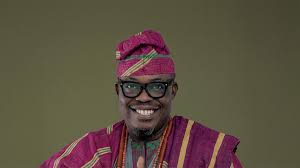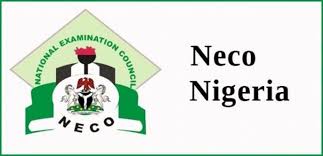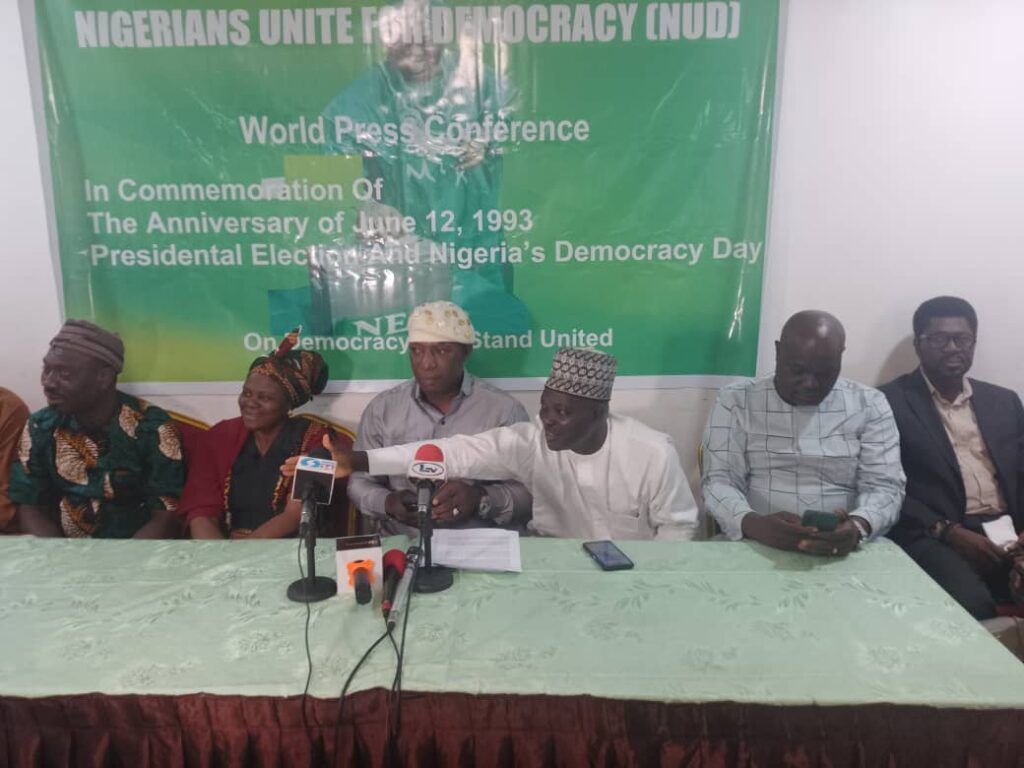Two human rights groups, Defend Nigeria Movement (DNM) and Nigerians Unite for Democracy (NUD), have called for the recognition of June 12 activists and martyrs, as Nigeria marks the 32nd anniversary of the historic June 12, 1993, presidential election—won by the late Chief MKO Abiola but annulled by former military ruler, General Ibrahim Babangida (rtd).
Speaking at a press briefing held Thursday at the Lagos Airport Hotel, Ikeja, Comrade Razaq Olokoba, convener of the groups, described the anniversary as a solemn reminder of the unity Nigerians demonstrated on that day.
“On June 12, 1993, Nigerians went to the polls peacefully, discarding ethnic, religious, and other divisive sentiments to vote with one voice for peace, progress, and prosperity,” Olokoba recalled.
He described the election as “the freest and fairest in Nigeria’s history,” lamenting that its annulment by the Babangida military junta was not only treasonable but driven by self-perpetuating interests.
“Despite the military’s might, Nigerians resisted with courage and conviction, leading to the eventual retreat of the military and the birth of the current democratic dispensation on May 29, 1999,” he said.
Olokoba noted that June 12 has since evolved into a symbol of national unity and democratic consciousness. According to him, the election and its aftermath sowed the seeds of patriotism, civic awareness, and resistance against tyranny.
“The annulment marked a turning point in Nigeria’s democratic journey and inspired an entire bibliography of struggle, resilience, and national rebirth,” he said.
He commended former President Muhammadu Buhari for declaring June 12 a national public holiday, which he said gave the day its rightful place in Nigeria’s political calendar. However, he stressed the need to deepen the democratic gains associated with it.
“The June 12 struggle was pivotal in our fight against military tyranny and for good governance. Thirty-two years later, the courage of that era still drives our resolve,” Olokoba noted.
He lauded Nigerians for their endurance through the democratic journey and urged continued support for democratic institutions, adding: “A people united can never be defeated.”
Addressing national issues, he praised President Bola Tinubu for what he described as bold economic reforms, especially the removal of fuel subsidy and the unification of the foreign exchange market.
“These two key policies alone have saved Nigeria an estimated $10 billion annually and boosted allocations to the three tiers of government, allowing for expanded delivery of democratic dividends,” he said.
He pointed to early signs of infrastructural and economic progress under Tinubu’s administration, citing projects such as the Lagos-Calabar Coastal Highway, Lagos-Sokoto Highway, crude-for-naira trade agreements, tax reforms, and the National Education Loan Fund (NELFUND).
However, he emphasized that other tiers of government must be held equally accountable.
“We must not only focus on the federal government. State and local governments are now receiving increased allocations. Citizens should demand accountability at all levels,” Olokoba urged.
He gave special commendation to Lagos State Governor Babajide Sanwo-Olu for continuing the developmental blueprint initiated by President Tinubu during his tenure as governor.
“Governor Sanwo-Olu has faithfully sustained and advanced the progressive legacies of his predecessors,” he said.
Despite the progress, Olokoba warned that the sacrifices of ordinary Nigerians during the June 12 struggle are in danger of being forgotten.
“Too many unsung heroes remain unrecognized. President Tinubu, himself a key figure in the struggle, must honour these grassroots activists. There should be a national monument in their memory—they are our unknown soldiers,” he declared.
On national security, he called for urgent action, including the adoption of state and community policing systems to effectively tackle insecurity.
He urged the government to leverage technology and community involvement, warning against paying lip service to security challenges.
“We salute the perseverance of our people for staying the course of democracy despite the economic challenges,” Olokoba said, condemning what he termed political blackmail tactics disguised as populist slogans like ebi n pa wa (“we are hungry”).
He concluded with a resolute message: “On June 12 and democracy we stand!”














